MSMLG History
The origins of the Molecular Sensors and Molecular Logic Gates Conference concept can be traced to the Fluorescent Chemosensors for Ion and Molecular Recognition symposium sponsored by the Division of Organic Chemistry of the American Chemical Society at the 204th Meeting of the American Chemical Society in Washington, DC on August 23-28, 1992 and organised by Anthony W. Czarnik.
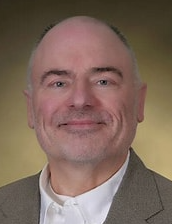
Anthony W. Czarnik
University of Nevada
USA
However, what we now know as MSMLG can be traced to the International Conference on Molecular Machines and Sensors (ICMMS) organised in 2007 at East China University of Science and Technology (ECUST) in Shanghai by He Tian and Xuhong Qian. Note this meeting is now considered the first MSMLG Conference.
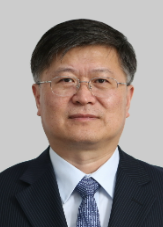
He TIAN (田禾)
East China University of Science and Technology
China
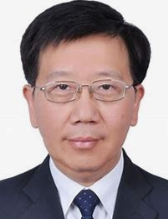
Xuhong QIAN (钱旭红)
East China University of Science and Technology
China
The 2nd conference where the MSMLG name evolved was held in Antalya, Turkey, which was hosted and organised by Engin U. Akkaya in 2010. During this meeting, the MSMLG international committee agreed that MSMLG will be held every 2 years.
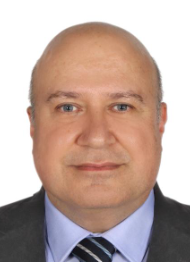
Engin U. Akkaya
Dalian University of Technology
Turkey
The 3rd meeting in the MSMLG series was held in 2012 at Korea University in Seoul. The meeting was hosted and organised by Juyoung Yoon, Jong Seung Kim, Jong-In Hong and Chang-Hee Lee. At the Seoul meeting, A.P. de Silva (Queen's University Belfast) was the inaugural recipient of the MSMLG 2012 Award, presented by Eric V. Anslyn.
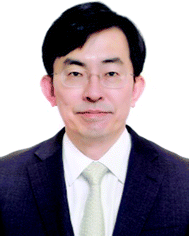
Juyoung Yoon
Ewha Womans University
Korea
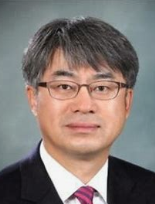
Jong Seung Kim
Korea University
Korea
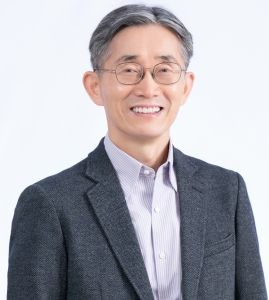
Jong-In Hong
Seoul National University
Korea

Chang-Hee Lee
Kangwon National University
Korea
The 4th MSMLG in 2014 returned to ECUST in China and was organised by Xuhong Qian and He Tian. Jonathan Sessler (University of Texas at Austin) and Seiji Shinkai (Sojo and Kyushu Universities) were presented with the MSMLG 2014 Awards.

He TIAN (田禾)
East China University of Science and Technology
China

Xuhong QIAN (钱旭红)
East China University of Science and Technology
China
The 5th international meeting on MSMLG was held at the University of Bath, UK, from July 24th to 28th, 2016. This meeting was organised by Dan Pantos and Tony D. James. Eric V. Anslyn was the recipient of the MSMLG 2016 Czarnik Award.
Related information: https://msmlg.wordpress.com/
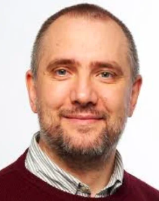
Dan Pantos
University of Bath
UK

Tony D. James
University of Bath
UK
The 6th international meeting on MSMLG was held at Dalian University of Technology, China, from June 3rd to 6th, 2018. This scientific event was organised by Xiaojun Peng. Engin U. Akkaya and Tony D. James were awarded the Czarnik Award for MSMLG 2018.
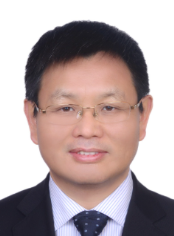
Xiaojun PENG (彭孝军)
Dalian University of Technology
China
The international meeting on MSMLG, originally scheduled to take place on June 17-20, 2020, at the University of Nevada, Reno, USA, was canceled due to the COVID-19 pandemic.
The 7th MSMLG was held in Dublin, Ireland, from July 12th to 15th, 2022. The conference was organized by Thorri Gunnlaugsson. Thorri Gunnlaugsson and Juyoung Yoon received the MSMLG 2022 Czarnik Awards.
Official website: https://msmlg2022.org/

Thorri Gunnlaugsson
Trinity College Dublin
Ireland
The 8th MSMLG will be held in Shanghai, China, from October 9th to 12th, 2025. The conference is being organized by He Tian and Wei-Hong Zhu.
Official website: https://msmlg2025.ecust.edu.cn/

He TIAN (田禾)
East China University of Science and Technology
China
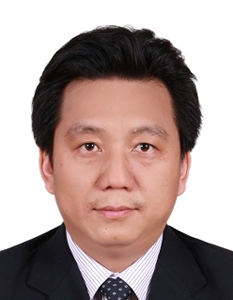
Wei-Hong ZHU (朱为宏)
East China University of Science and Technology
China
about East China University of Science and Technology (ECUST)
Offical Website: https://www.ecust.edu.cn/en/
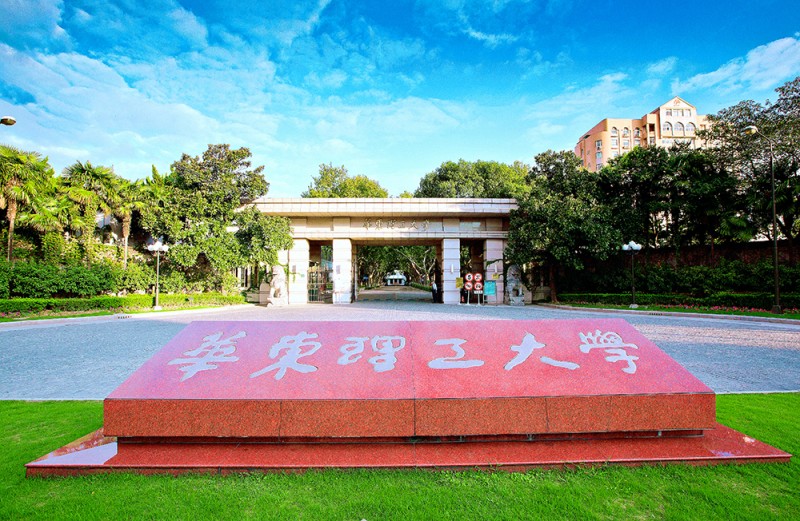
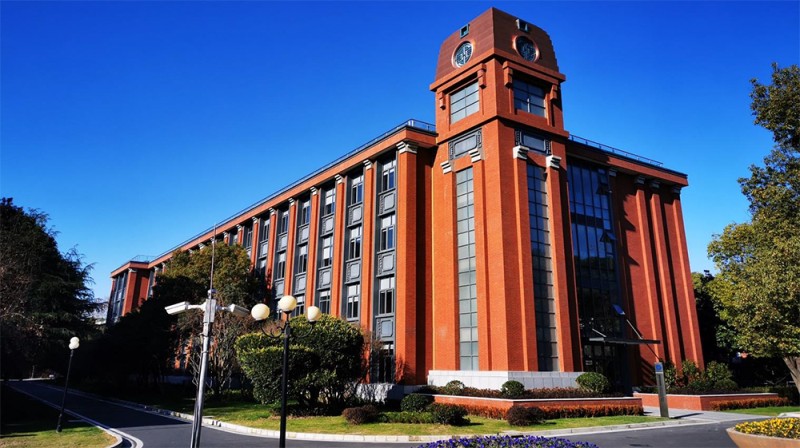
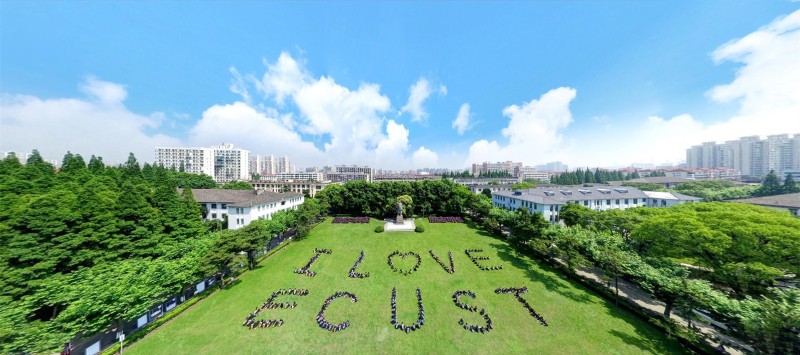
Located in the southwest of Shanghai, a center of commerce, finance, culture and industrial production of China, East China University of Science and Technology is a dynamic and prominent research-intensive university with high teaching quality.
ECUST is comprised of nearly 1.6 million square meters on 3 campuses. The main campus, being 17 kilometers from Hongqiao Airport and 45 kilometers from Pudong International Airport, is situated in the prosperous and energetic Xuhui District. In addition to its downtown location, the university also features other campuse in Fengxian District.
The history of education of the university can be dated back to Nanyang Public School (1896) and Université d’Aurora (1903). The university was officially founded in 1952 after the mergence of chemical or chemistry departments from Jiaotong University, Université d’Aurora, Utopia University, Soochow University and Jiangnan University, and became the first chemical industry oriented university in China named as East China Institute of Chemical Technology.
With the value of “Diligence, Factuality, Aspiration and Virtue”, ECUST has always been making every endeavor to develop its united and pioneering spirit since its establishment, and is dedicated to providing its students with advanced knowledge and skills in an academic environment full of intellectual stimulation and scientific innovation.
Today, the university has 17 academic schools, together with the MOE-approved Sino-French joint school, International Elite Engineering School. A wide range of programs, covering 11 disciplines, namely science, engineering, agriculture, medicine, economics, management, literature, law, art, philosophy and education, is offered to cater to the demands of the society and to prepare the students for an ever-changing global context. Chemistry, Engineering and Materials Science are among Top 1‰ of World ESI Ranking, Biochemistry and Biology, Pharmacology and Toxicology, Agricultural Science, Computer Science, Environment/Ecology have walked into Top 1% group. Besides the education carried out in China, ECUST also takes initiative going global by establishing China’s first International Business School in Sibiu, Romania and building the first Confucius Institute featured in Science and Technology Innovation with the University of Huddersfield in UK.
Housing one Joint Research Center headed by 2016 Nobel Laureate in chemistry Ben Feringa, one Research Center of Contracts and Governance named after 2016 Nobel Laureate in Economics Sciences Oliver Hart, together with five international joint laboratories, the university aims at global frontiers of science and technology and committed to high-level joint education and research for building a better shared future of mankind.
The current number of students has been more than 31,000, including more than 15,000 postgraduates. The faculty and staff members has reached more than 3000 among whom there are more than 1300 professors and associate professors.
about Shanghai
Offical Website: https://english.shanghai.gov.cn/
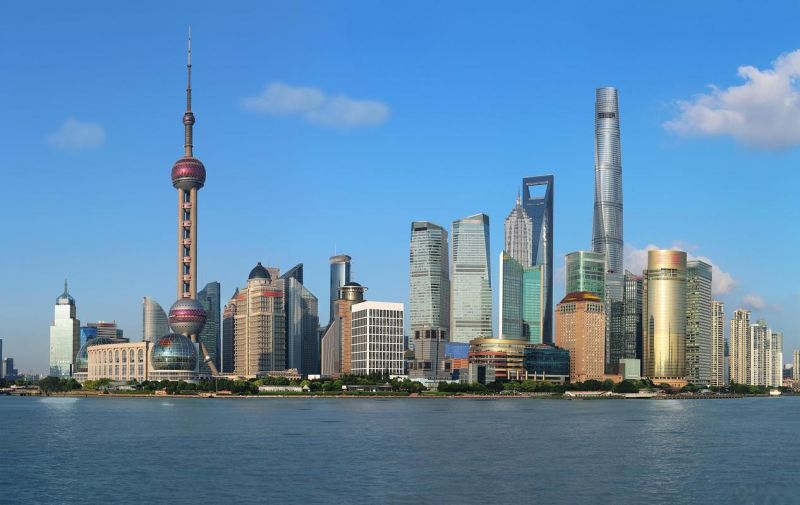
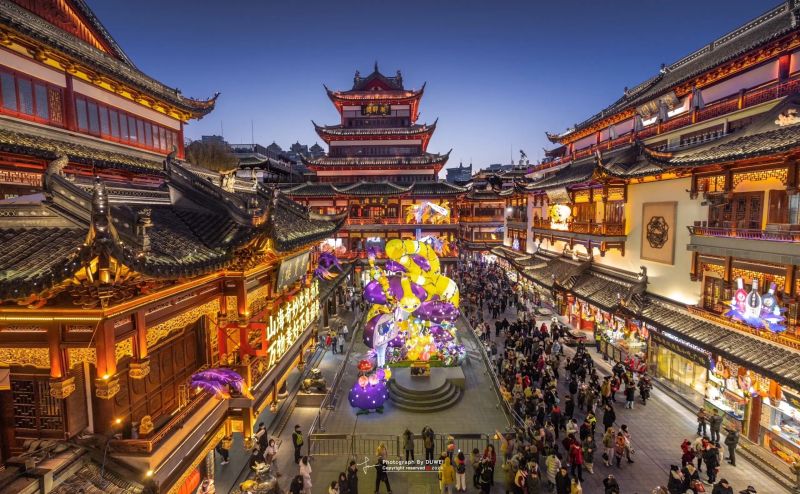
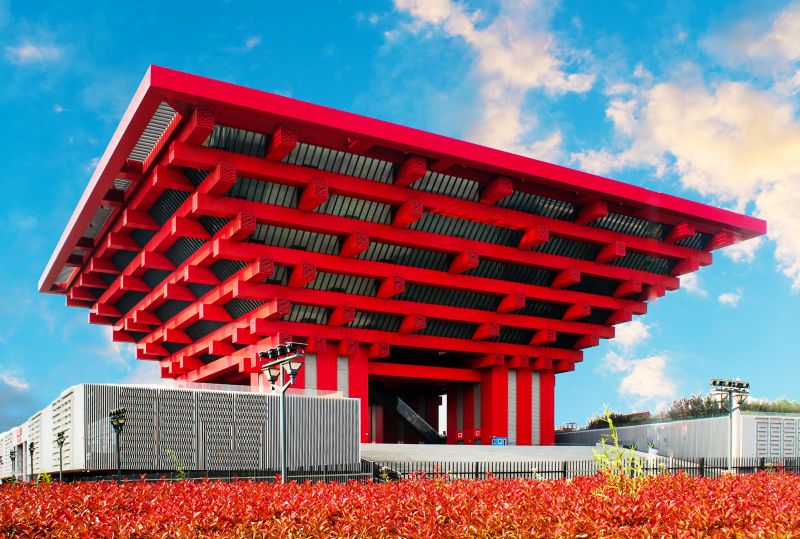
Shanghai, a municipality directly under the central government of China, is a modern international metropolis with a spirit of inclusivity, pursuit of excellence, open-mindedness, and humility.
Shanghai located at the Yangtze River estuary in East China and facing the Pacific Ocean, forms part of the Yangtze River Delta, which is one of China's most robust, open and innovative regions.
As China's largest economic powerhouse and an important international financial center, Shanghai had a GDP of 5.39 trillion yuan ($741 billion) in 2024, up 5 percent year-on-year.
Shanghai is also a major international trade and consumption center. In 2024, Shanghai's total imports and exports reached a record high of 4.27 trillion yuan, while total retail sales of consumer goods reached 1.794 trillion yuan.
Shanghai is a major global shipping center and an open hub, implementing the RCEP (Regional Comprehensive Economic Partnership) agreement and accelerating the construction of the Waigaoqiao and Hongqiao national import trade promotion and innovation demonstration zones.
Shanghai Port has maintained its position as the world's leading container port for the past 15 years, handling a record 51.506 million twenty-foot equivalent units, or TEUs, in 2024.
Shanghai is a modern international metropolis on the estuary of the Yangtze River in East China.
The city is also making significant progress toward establishing an international science and technology innovation center. In 2024, the proportion of R&D expenditure to the GDP was approximately 4.4 percent.
Shanghai is evolving into an internationally influential digital city, strengthening the foundational support for urban digital transformation.
It is one of the country's most international cities, with over 1,000 corporate headquarters and 591 foreign-invested R&D centers.
Shanghai is also a world-renowned cultural metropolis and international tourist destination. The Shanghai Museum East is now open to visitors, while the Shanghai Industrial Museum is under construction.
The city's transportation system is becoming more efficient thanks to convenient transfers and smart management. Shanghai has a comprehensive education system, with 69 higher-education institutions by the end of 2024.
Shanghai intends to boost its urban soft power to match its ambition to become a socialist metropolis with global influence. In the future, Shanghai will showcase its character of "International, Innovative and Inclusive", focus on high-quality development, and transform itself into an international economic, financial, trade, shipping, and science and technology innovation center, as well as a global digital city with significant influence.
